Building Oral Language to Boost Comprehension & Composition
Description:
Oral language is the foundation for future reading and writing tasks. Participants will learn how to integrate opportunities for oral language development in the classroom.
Who should take this Knowledge Block:
- K-5 educators
- Secondary educators who work with long-term developing readers
What you will learn:
- How oral language development impacts vocabulary, reading comprehension, and written expression
- The relationship between “teacher talk” and student achievement
- How to scaffold speaking and listening tasks using read alouds
- Strategies for enhancing oral language opportunities in the classroom
Materials provided:
- PDF of all slides in handout form
Certifications:
- Certificate of Completion
Building Oral Language to Boost Comprehension & Composition
$200.00
Oral language is the foundation for future reading and writing tasks. Participants will learn how to integrate opportunities for oral language development in the classroom.
Additional Knowledge Blocks
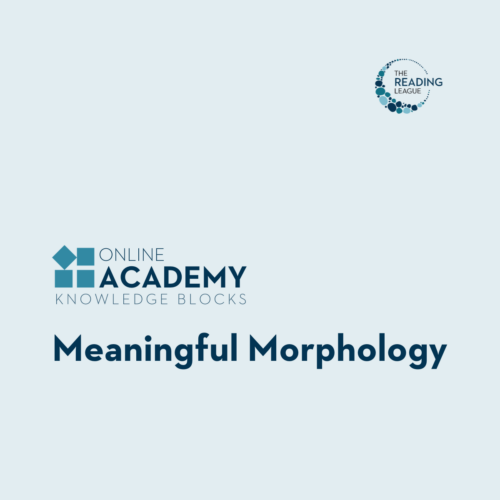
Meaningful Morphology
Knowledge of morphology provides insight into both the meaning and spelling of words. Participants will deepen their knowledge of morphology while also learning key features of morphological instruction in the classroom.
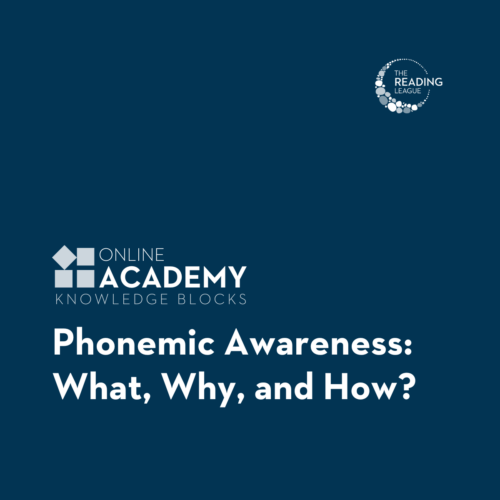
Phonemic Awareness: What, Why, and How?
Phonemic awareness predicts future reading success. Participants will learn how to teach and assess phonemic awareness skills.
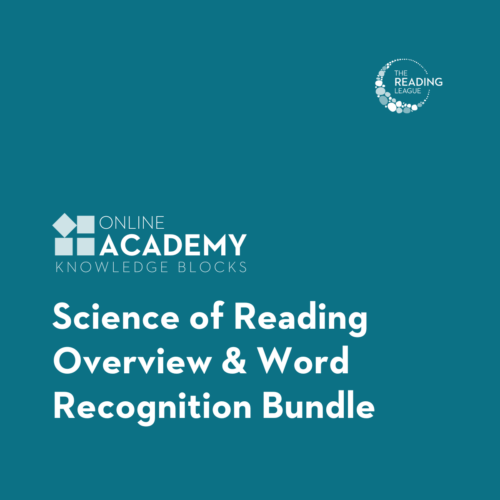
Science of Reading Overview & Word Recognition Bundle
Save $200 with this four session bundle! Perfect for anyone new to the science of reading or for anyone who wants to deepen their understanding of how skilled reading develops.
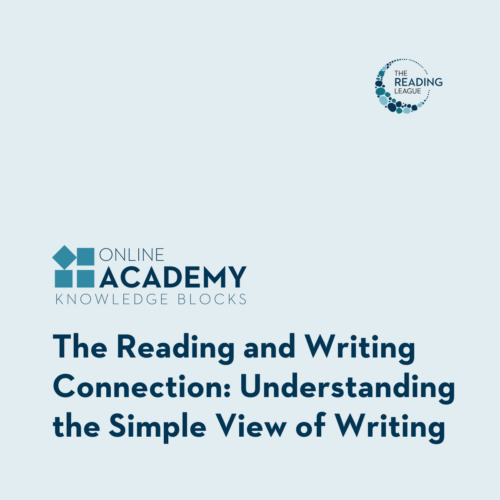
The Reading and Writing Connection: Understanding the Simple View of Writing
Two key factors contribute to skilled written expression. Participants will learn the subcomponents of these factors, with a particular emphasis on the importance of handwriting fluency.
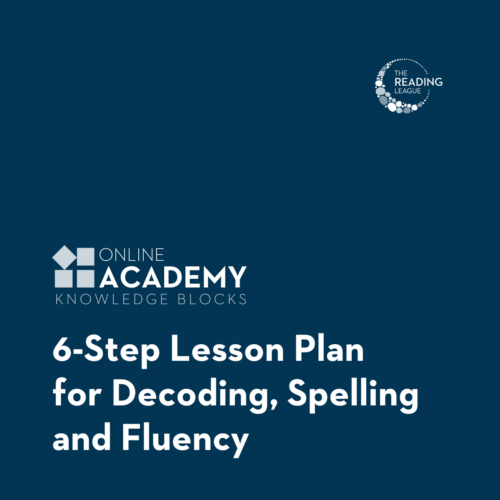
6-Step Lesson Plan for Decoding, Spelling, and Fluency
Participants will learn how to plan and implement engaging, evidence-aligned, 6-Step lessons to teach the phonemic and phonic skills necessary for efficient decoding, spelling, and fluency.
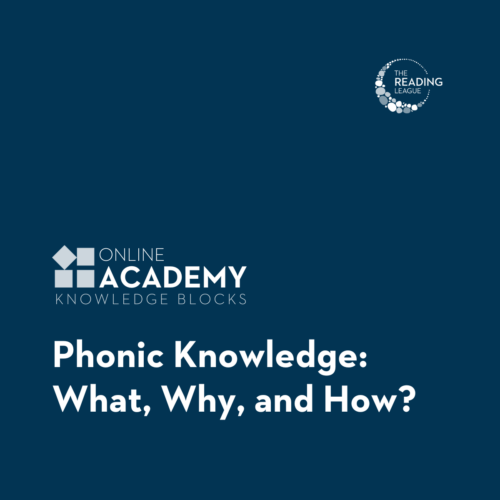
Phonic Knowledge: What, Why, and How?
Students need phonic knowledge to read and spell efficiently. Participants will learn the six major syllable types of English and an assessment tool to plan for instruction.
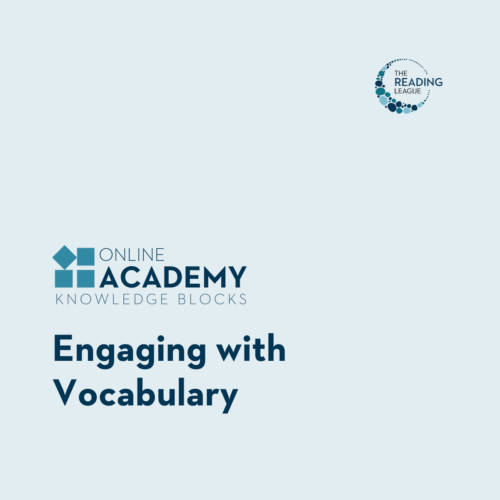
Engaging with Vocabulary
Participants will learn how to decide which vocabulary words to teach and a sample routine for explicit instruction.
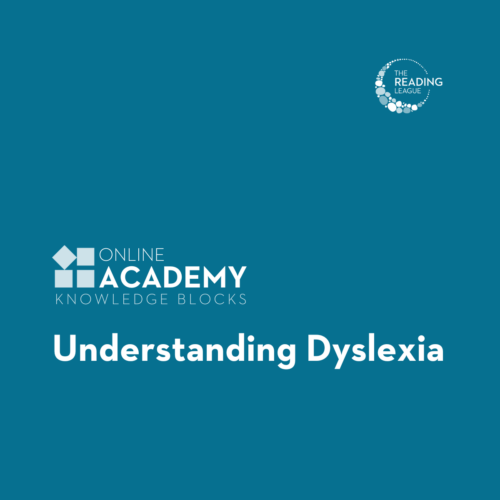
Understanding Dyslexia
There are many misconceptions about what dyslexia is and is not. Participants will learn critical indicators of dyslexia and the legal nuances of a dyslexia diagnosis in schools.
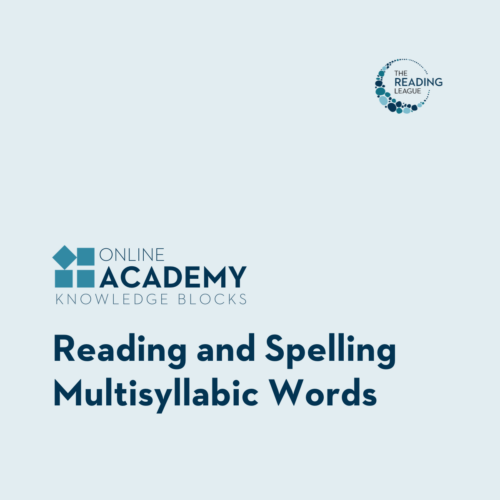
Reading and Spelling Multisyllabic Words
Learn the 6 major syllable types in English and instructional routines for teaching students to read and spell multisyllabic words.